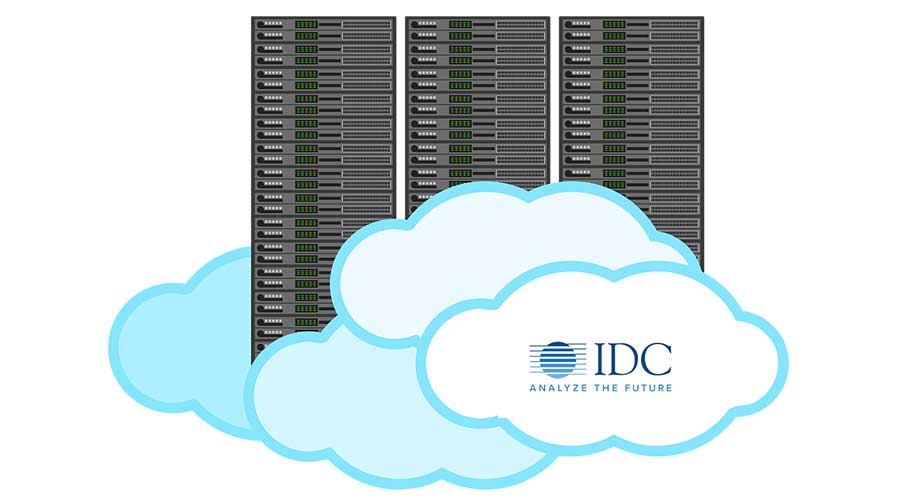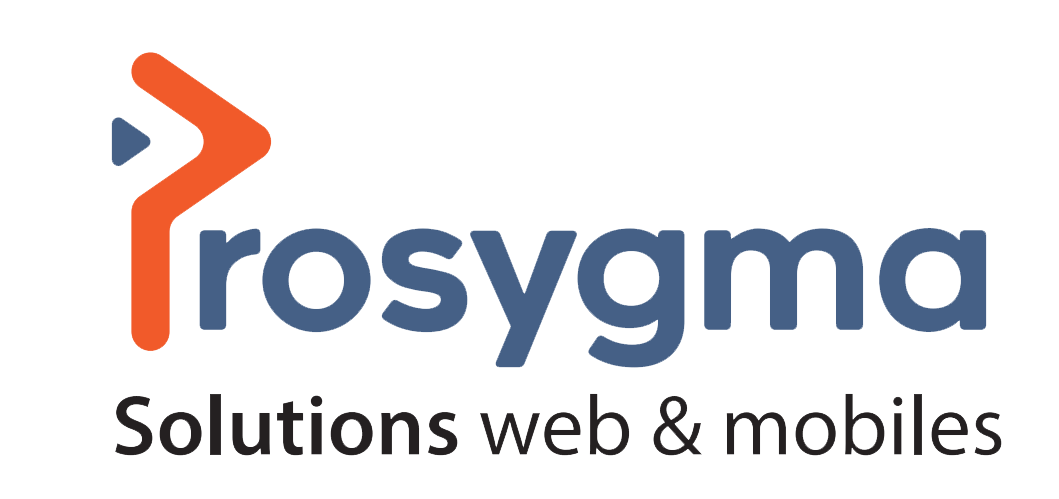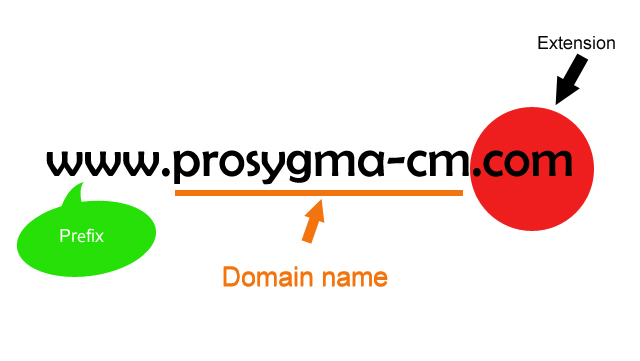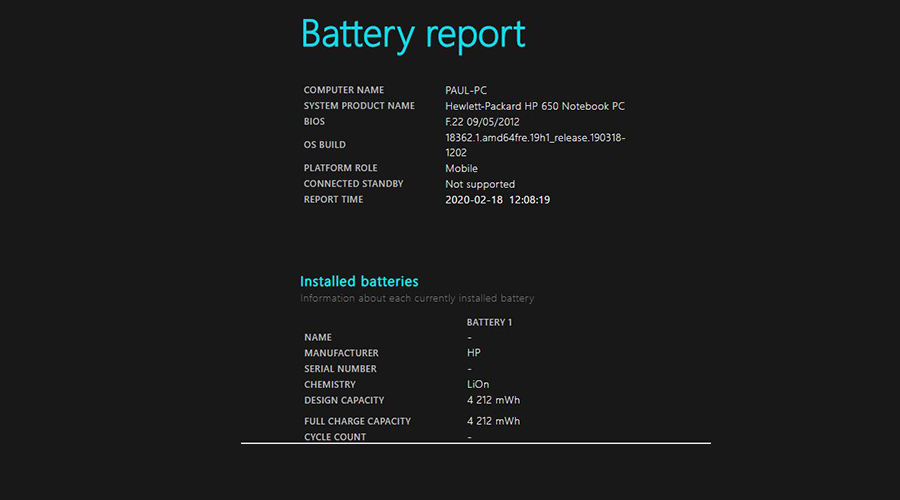
Cloud services at the heart of digital-first strategies
Enterprise cloud usage is moving to a higher level of maturity, driving the adoption of a set of cross-functional services to drive innovation in a digitally-driven economy. These foundational cloud services (FCS) for compute, data and application frameworks will drive competitive development across the cloud market.
According to the new International Data Corporation (IDC) forecast, annual recurring revenue (ARR) from FCS will grow from just under $100 billion in 2020 to more than $300 billion in 2025, with a compound annual growth rate (CAGR) of 28.8 percent.
"Digital is now a permanent, yet dynamic, part of our world, built on the digital infrastructure and platform technologies of a cloud foundation," said Rick Villars, group vice president, Worldwide Research at IDC. "When companies want to pursue a certain digital capability or intelligently leverage data to their advantage, they can do so because they have ready access to foundational cloud services offered by leading cloud service providers."
IDC defines foundational cloud services as the infrastructure-as-a-service (IaaS), platform-as-a-service (PaaS), and system infrastructure-as-a-service (SISaaS) markets where the top eight public cloud service providers (Amazon Web Services, Microsoft, Google, Alibaba Group, IBM, Tencent, Huawei, and Oracle) have a combined market share of more than 60 percent by 2020. These include the following key service portfolios:
- Computing Services: virtualized x86 compute, bare metal compute, block storage, accelerated compute, other compute, and software-defined computing software.
- Data Services: Data management systems, object storage, file storage, and event stream processing software.
- App Framework Services: Integration software, deployment-centric application platforms, and artificial intelligence lifecycle software.
- Usage Multiplier Services: Low or no-cost services that encourage greater/efficient use of high-value services by making it easier to adopt, connect, deploy, track, secure, and update those services. Includes load balancing and DNS, as well as marketplaces and bundles of open source software solutions.
Together, services in these portfolios accounted for more than half of all IaaS, PaaS and SISaaS revenue in 2020 and are expected to account for more than two-thirds of all revenue in 2025.
Several factors are driving the growing demand for core cloud services rather than similar IaaS and PaaS services offered by individual vendors. The available, affordable, and standardized infrastructure offered by FCS gives developers the ability to quickly build, test, and deploy innovative applications. The availability of multiple deployment options (hybrid cloud) and technologies that bring portability to applications (containers) allow customers to choose the cloud provider best suited to a given workload. Service-based consumption of IT infrastructure allows end users to reduce capital expenditures, optimize operating costs, and focus IT staff efforts on achieving business objectives rather than routine infrastructure and data management. Finally, fundamental data-centric cloud services can provide fully automated data capabilities that address the significant increase in data volumes and storage associated with mobile and edge devices (IoT).
IDC expects enterprises to pursue a range of strategies to adopt FCS portfolios. Some will choose a primary FCS partner while others will opt for more diverse cloud deployment strategies. Regardless of the FCS strategy chosen, enterprises will place a high priority on extensions to vendor FCS portfolios in the areas of extended service deployment options (edge, network and core), automated governance services (manage, optimize, secure) and robust partner ecosystems.
"Demand for FCS is increasing, indicating that vendors are meeting customer expectations in these areas. However, this is not the time to rest. In a market characterized by rapid innovation, FCS vendors must continually prove that they are willing to invest in innovation at a high level," said Lara Greden, research director, Platform as a Service (PaaS) at IDC. "Customers are looking for outcomes, not technology solutions. The key will be to differentiate, build the mindset, and redefine/produce portfolios by use case."
Source: developpez.com







